If you’re familiar with the unpleasant symptoms of seasonal allergies, you certainly aren’t alone.
According to the Asthma and Allergy Foundation of America, roughly 50 million Americans suffer from nasal allergies—and that number has increased two to threefold since the 1970s.
Over-the-counter antihistamines can help manage symptoms, but they’re not cure-alls (and can sometimes cause unwanted side effects).
Because of that, we’ve rounded up a few natural ways to treat seasonal allergies and the reasons behind all those dreaded sniffles and sneezes.
What Causes Seasonal Allergies?
Whether you suffer from fall or spring allergies, the main culprit behind them is all that pollen floating around during allergy season.
For allergy sufferers, the body mistakes harmless pollen for something dangerous and releases histamine in an attempt to attack it—thus the reason behind your coughing, runny or stuffy nose, or itchy, watery eyes. (And also the reason for your antihistamine medication.)
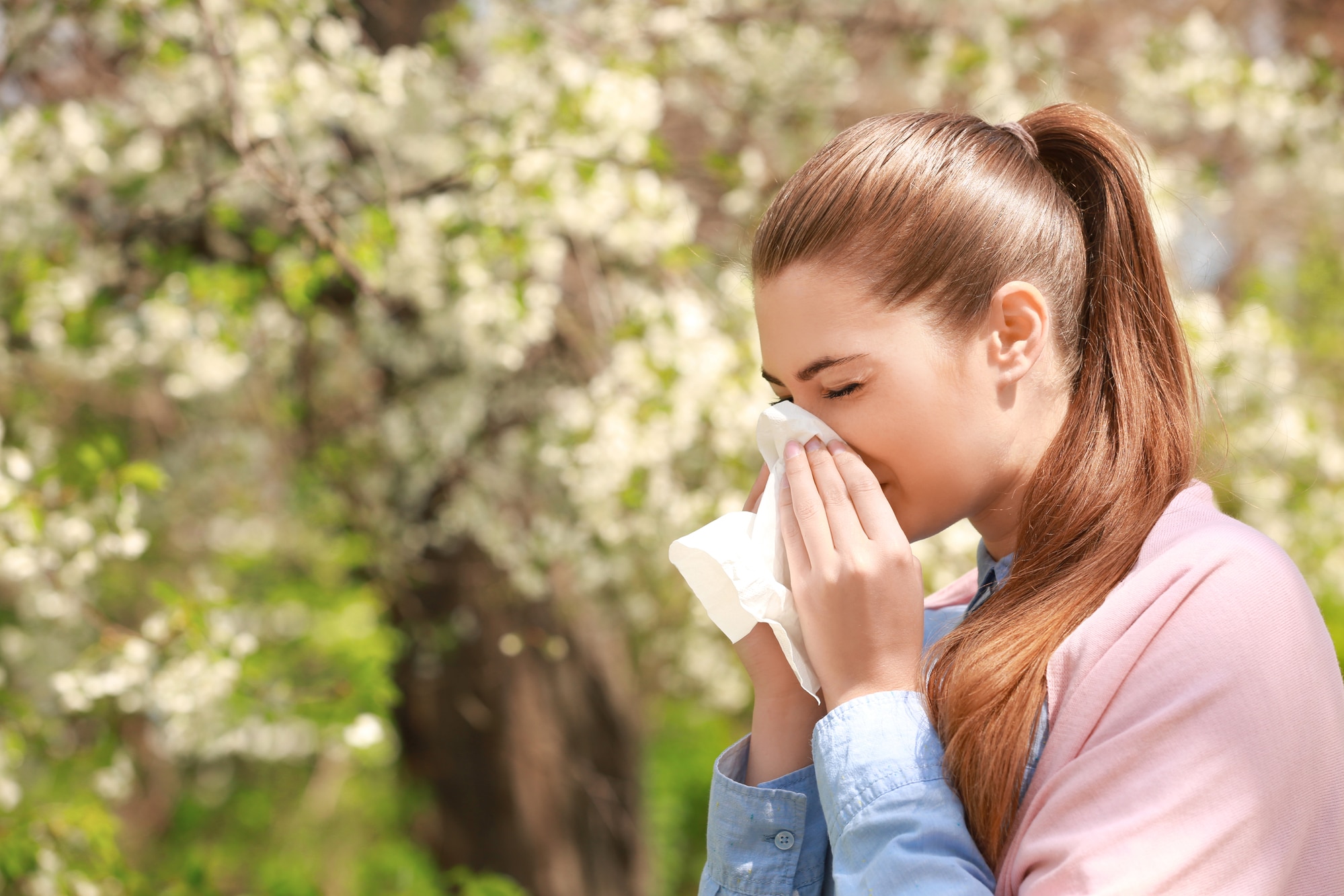
The main types of allergy-inducing pollen include:
- Tree pollen from birches, oaks, elms, and maples during spring.
- Pollen that is shed from grasses in late spring and summer.
- Ragweed pollen in the fall.
- Mold spores during the spring, summer, and fall. These can cause year-round allergies if you live in a building with too much moisture (high indoor humidity, water damage, or poor ventilation).
What Are Seasonal Allergy Symptoms?
The most common symptoms of seasonal allergies include:
- Sneezing
- Stuffy nose/congestion
- Itchy eyes, nose and throat
- Runny nose and eyes
- Post nasal drip
- Fatigue
- Coughing
A case of allergies can also make you feel run down, tired, and fuzzy-headed.
Allergies vs. A Cold
How can you tell if all those unpleasant symptoms are caused by pollen or the common cold?
Here are a few key differences to look out for:
- Allergy symptoms tend to come on quickly, around the same time each year. (You’re probably not getting a “cold” every spring or fall!) Cold symptoms can gradually get worse over time.
- Cold symptoms typically disappear after a week or so, whereas allergy symptoms can last weeks or months (or as long as you’re exposed to an allergen).
- Seasonal allergies are more likely to cause itchy, watery eyes.
- If you have a fever, it’s more likely a cold or the flu, since allergies do not cause one.
- A cold can be accompanied by yellow or greenish nasal discharge, but nasal discharge from allergies is clear and thin.
If you believe you’re struggling with seasonal allergies, the best thing to do is get tested by your medical provider to find the responsible allergen. Allergy tests can be done on the skin or through a blood test.
Related: 11 Best Immune Boosting Foods To Add Into Your Diet Today
The Best Natural Remedies for Seasonal Allergies
Here are some natural ways to combat those pesky allergy symptoms:
1. Add More Probiotics to Your Diet
Studies published in the American Journal of Clinical Nutrition and the North American Journal of Medicine and Science show that increased probiotic intake can help curb nasal allergy symptoms (also known as allergic rhinitis or hay fever).
The former study found that probiotics might increase the human body’s percentage of regulatory T-cells, which can improve tolerance to hay fever symptoms. Fermented foods are the main source of probiotics.
The most common foods rich in probiotics include:
- Yogurt
- Cottage cheese
- Buttermilk
- Kefir
- Saurkraut
- Kimchi
- Miso
Maintaining a healthy gut can also help promote your body’s production of short-form fatty acids (SCFAs), which contain anti-inflammatory properties that improve the immune system’s response to allergens.
2. Shower at the End of the Day
Whenever you enter your home from outside, you’re dragging in allergens with you. Showering at the end of the day helps wash away allergens that can get trapped in your eyelashes, ears, skin, or hair. The hot steam can also help open up nasal passages and relieve congestion.
Be sure to change into fresh clothes, too—particles can hang around on your shoes, shirts, pants, jackets, hats, or anything else you wear outdoors.
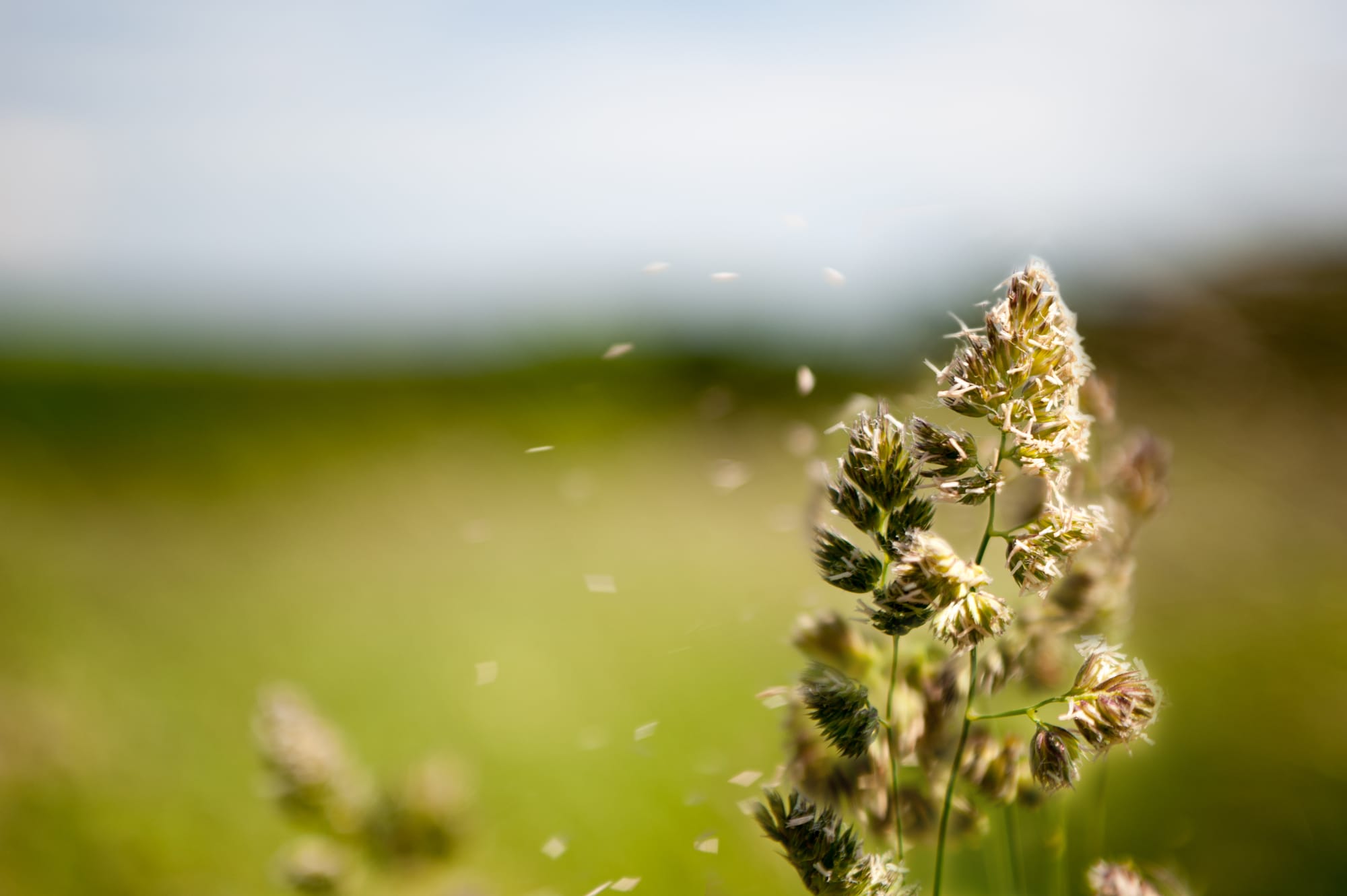
3. Flush Those Sinuses
Whether you use a neti pot or a squeeze bottle, research shows that nasal irrigation can help combat nasal allergies. It can help flush away bacteria, thin mucus and reduce postnatal drip.
No matter which method you choose (a neti pot, bulb syringe, etc.), you’ll want to gently flush one nostril at a time over the sink with a saline solution until it comes out of the other side.
If you suffer from chronic allergies, a neti pot is a good option to consider. You can purchase one at most pharmacies or drugstores, and it includes instructions on preparing the saltwater rinse.
You can also try a saline nasal spray to help clear out your nasal passages.
4. Get Some Exercise
It may be the last thing you want to do when suffering from allergies, but it can help!
Research has found that moderate-intensity exercise can significantly improve allergic rhinitis symptoms. Moreover, exercising improves blood vessel circulation in your nose—so you may actually find relief from your nasal congestion.
Try walking or jogging for 30 minutes or go for a quick bike ride—your nose will thank you.

Related: Ab Workout at Home: Best Core Exercises (No Equipment)
5. Allergy-Proof Your Home
One of the best ways to ease seasonal allergy symptoms is to keep up with household cleaning to keep your indoor air allergy-free!
Here are some tips for keeping your home as allergy-free as possible:
- At least once a week, wash your bed sheets, pillowcases, and comforters in hot water at least 130 degrees Fahrenheit—the temperature needed to kill dust mites.
- Don’t let your laundry air-dry outside since it can pick up pollen and mold.
- Try not to use scented detergents or cleaners, as they are considered allergy triggers.
- Vacuum at least once a week to help remove dust and other allergens, such as pet dander or pollen that’s found its way inside.
- Scrub bathroom tiles regularly to avoid mold build-up.
- Keep the windows closed to stop allergens from blowing into the home.
- Update your HVAC system with a HEPA filter. It’s one of the best air filters for allergies since it removes at least 99.97% of dust, pollen, mold, bacteria, and airborne particles.
6. Increase Your Vitamin C Intake
Allergy symptoms occur when your body releases histamine in response to an allergen. Luckily, vitamin C works naturally to reduce the amount of histamine you produce. Research suggests that histamine levels can be reduced by around 38% after taking 2 grams (or 2,000 mg) of vitamin C!
Vitamin C is also believed to help reduce inflammation and mild allergy symptoms such as sneezing, runny nose, congestion, and watery eyes.
The recommended daily dose of vitamin C is 2,000 mg per day.
You can take a vitamin C supplement or eat vitamin C-rich foods, including:
- Bell peppers (especially red)
- Red and green chili peppers
- Dark green leafy vegetables (kale, mustard greens, brussels sprouts, broccoli)
- Potatoes
- Citrus fruits
- Guava
- Kiwis
- Strawberries and blackberries
- Lemon and limes
7. Try Acupuncture
It’s true—research suggests that acupuncture is effective in relieving nasal allergy symptoms!
A research review published in the American Journal of Rhinology & Allergy looked at 13 studies with more than 2,000 participants and found that acupuncture significantly reduced nasal symptoms and the need to take medication. Participants also had higher quality-of-life scores.
While research is still ongoing, the current findings suggest it’s worth a shot!
If you’ve tried medication and natural remedies but still find yourself suffering from allergies, it’s a good idea to reach out to your doctor for medical advice and the best treatment plan for your symptoms.
FAQs
While you may not be able to completely prevent seasonal allergies, there are steps you can take to prevent the severity and frequency of symptoms. The best way to do this is before allergy season even begins! Start taking corticosteroid nasal sprays or antihistamine medications in advance to allow time for their effects to kick in. You can also start allergy-proofing your home by showering and washing sheets regularly, keeping your bathroom free of mold build-up, and avoiding opening the windows or engaging in outdoor activities that can trigger allergic reactions.
To ease allergy symptoms during pregnancy, try adding a humidifier or air purifier to your bedroom to help with congestion, take a hot shower at the end of the day to wash away pollen and other allergens, wash your bed sheets at least once a week in hot water to kill dust mites, use a neti pot or other method for nasal irrigation, try a nasal strip at night, and increase your vitamin C intake (a natural antihistamine).
Yes, showers can help with allergies! By taking a shower at the end of the day, you’re washing away any allergens from outside that may have clung to your eyelashes, skin, ears, and hair. A fresh change of clothes can also help since allergens can get stuck to shirts, pants, shoes, jackets, or anything you wear outdoors.
READ NEXT: 9 Ways To Treat Neck Pain Naturally
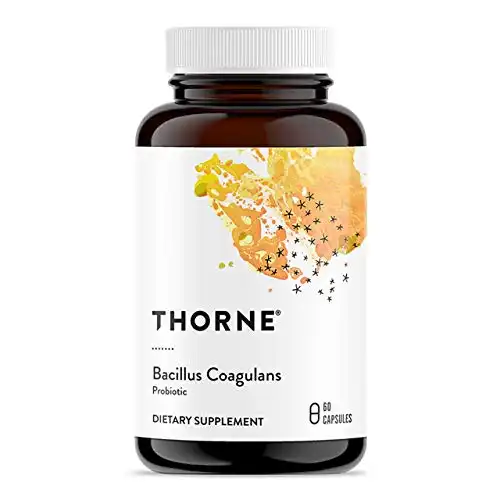
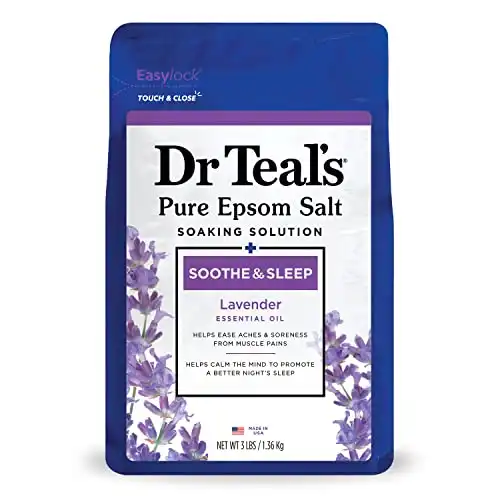
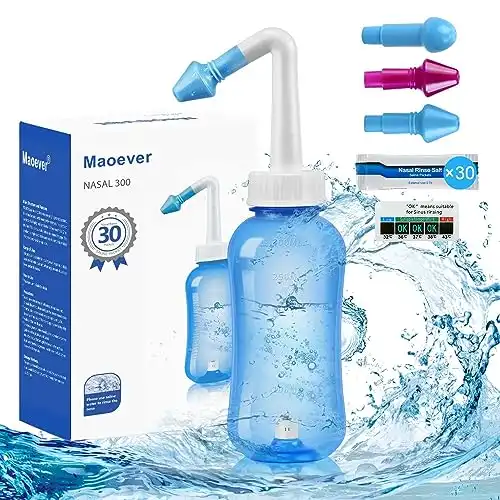
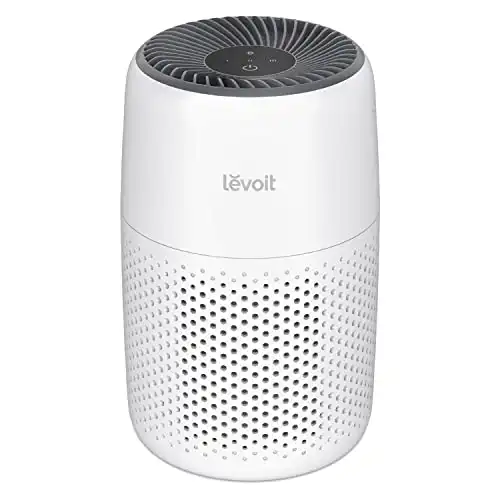
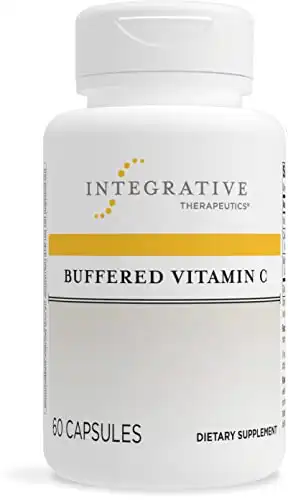
2 Comments
Danni Black on May 3, 2017 at 3:28 PM
I never thought about taking showers at night rather than in the morning since you track in pollen and allergens from outside. That seems like a simple thing to do but effective all the same! My allergies have been especially bad this year so I have been thinking about seeing a specialist. I'll have to ask them about showering at night and see if that's something that they would recommend. Thanks for sharing!
Zequek Estrada on October 10, 2016 at 1:20 PM
If gardening a little every day can help my allergies, I don't mind doing it. These suggestions are so simple to incorporate into your life. For people who have really tight schedules, it might be best to carry around fluticasone nasal spray in your purse or pocket.